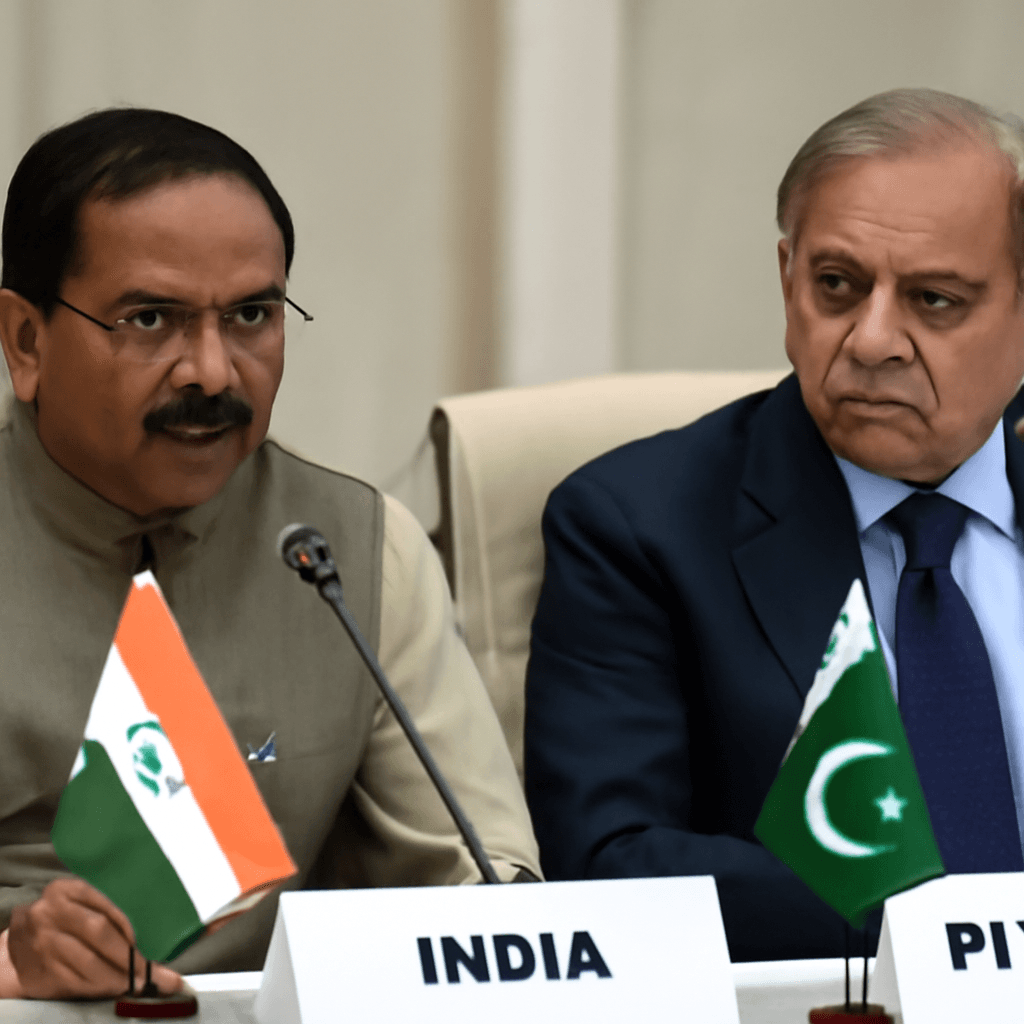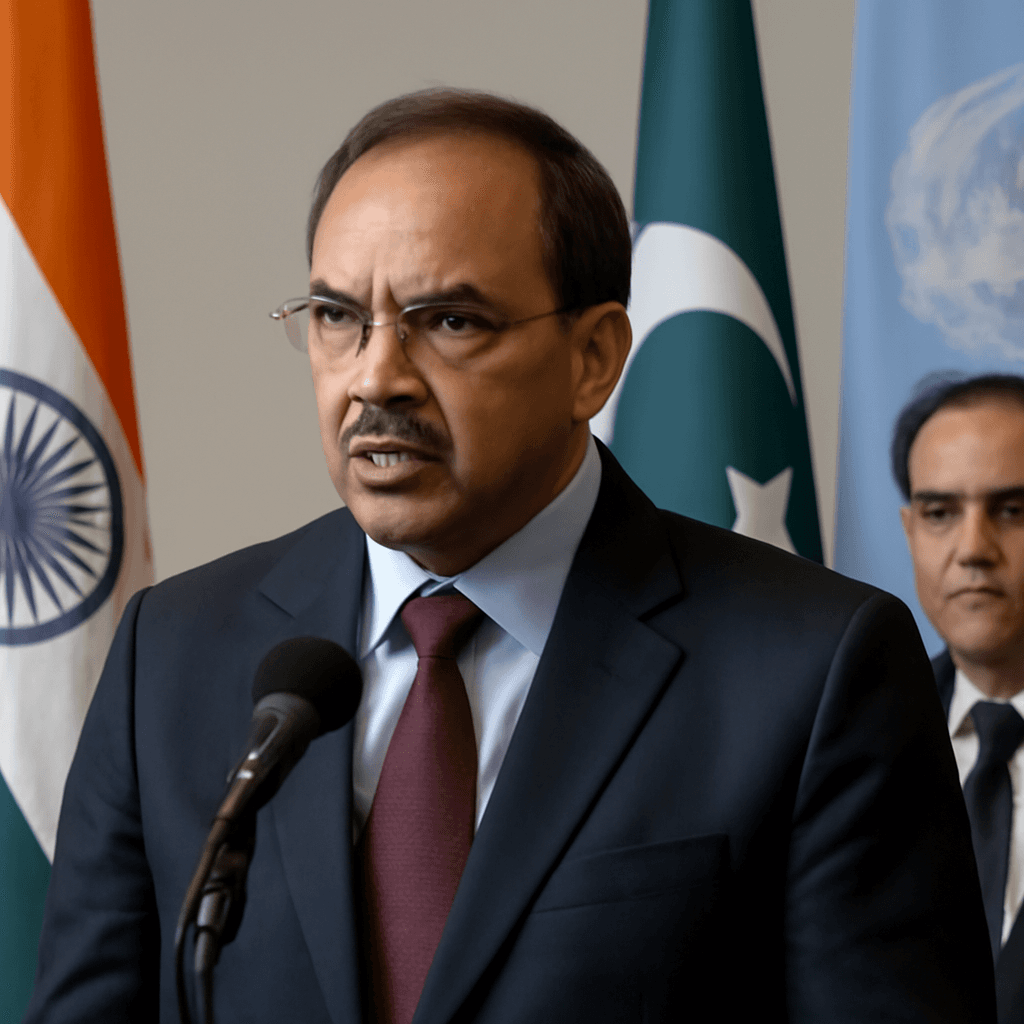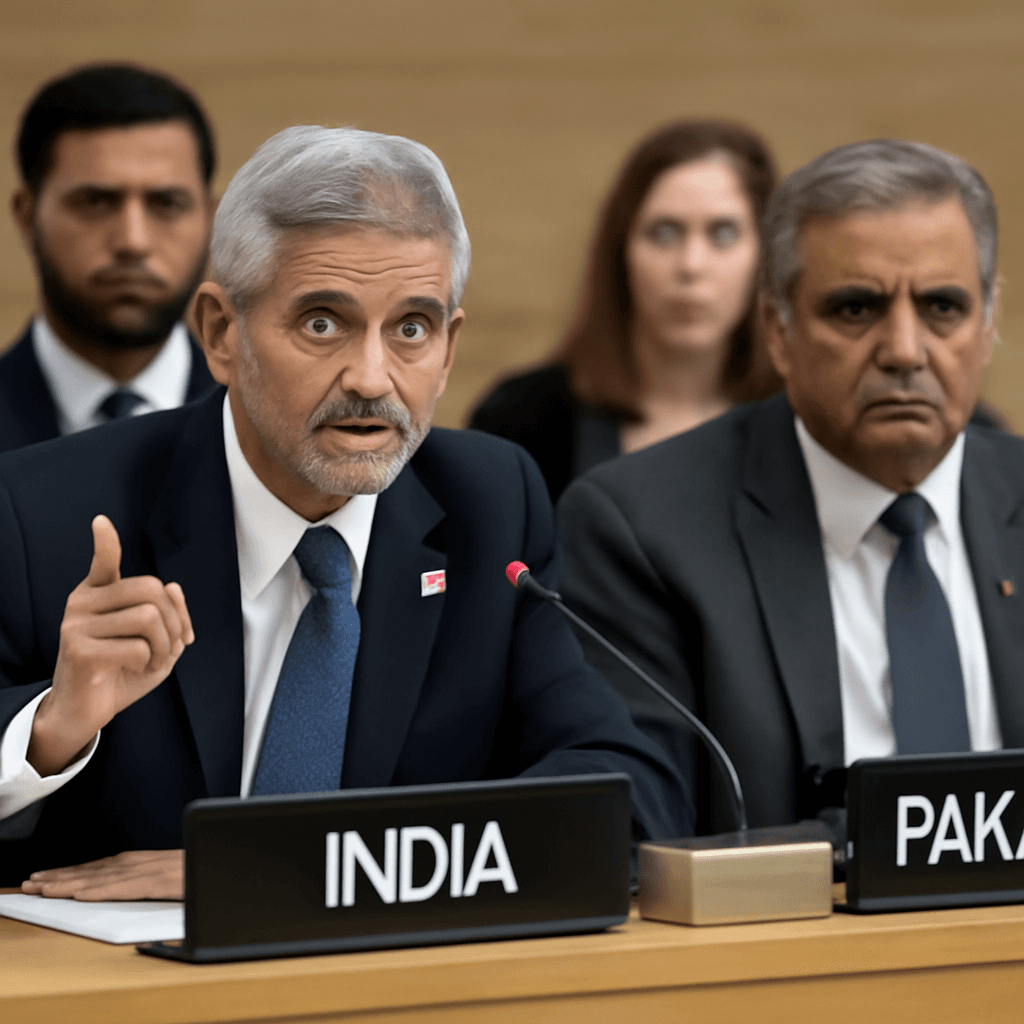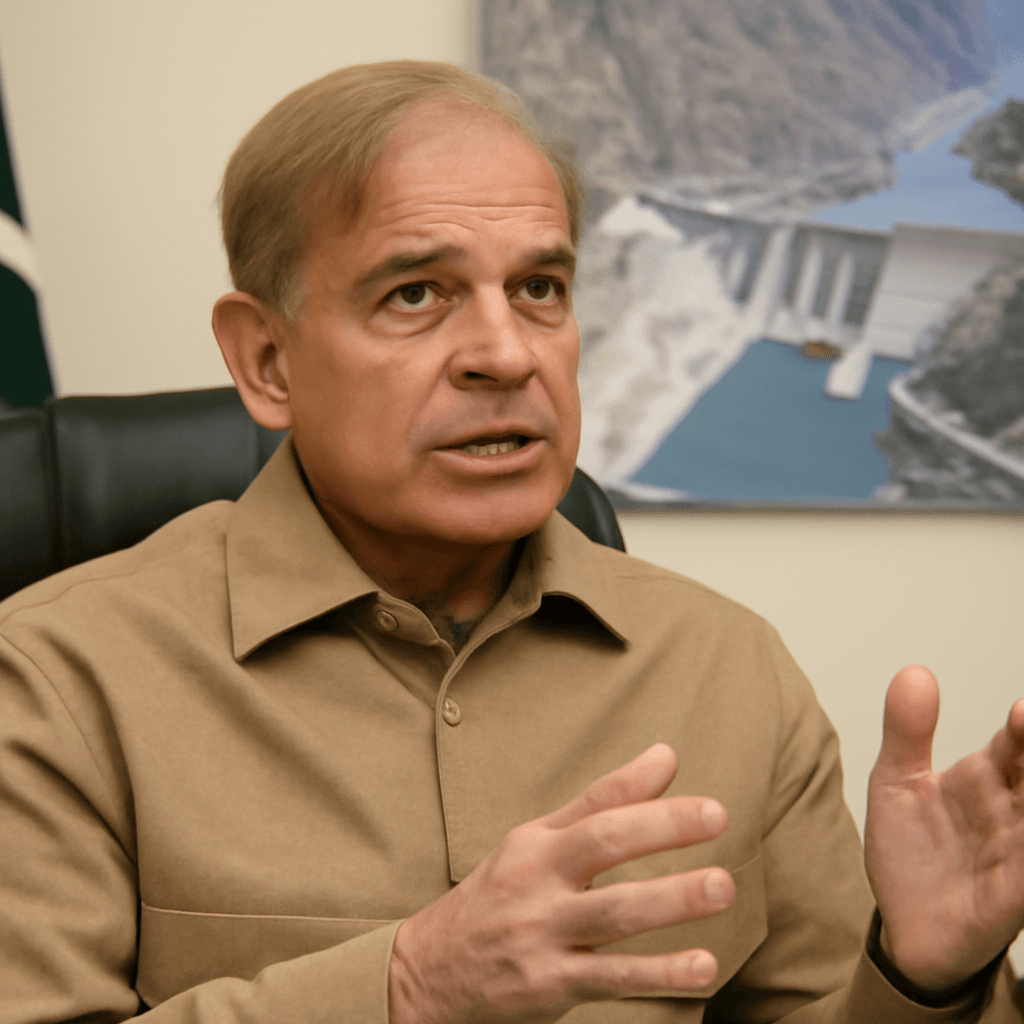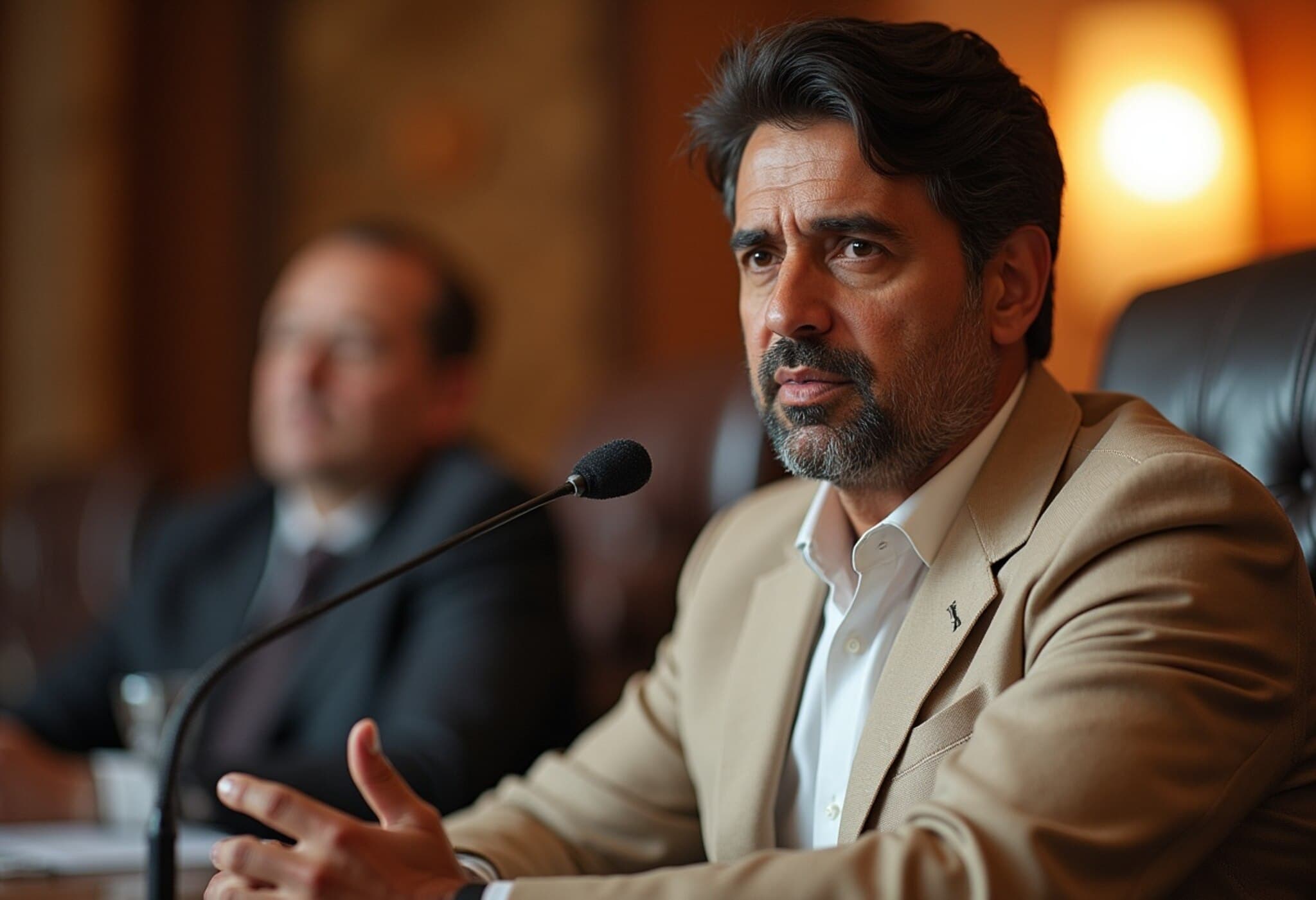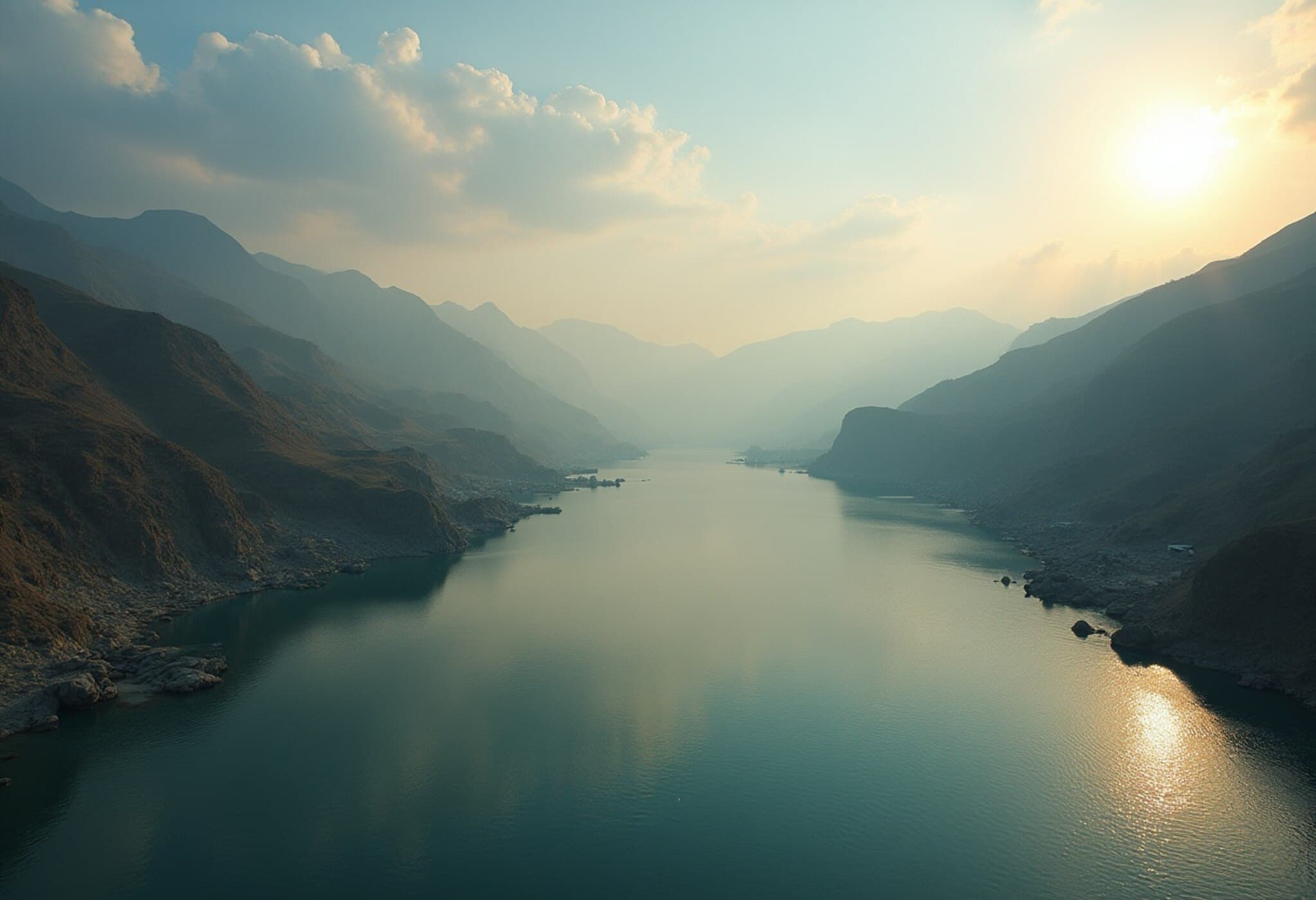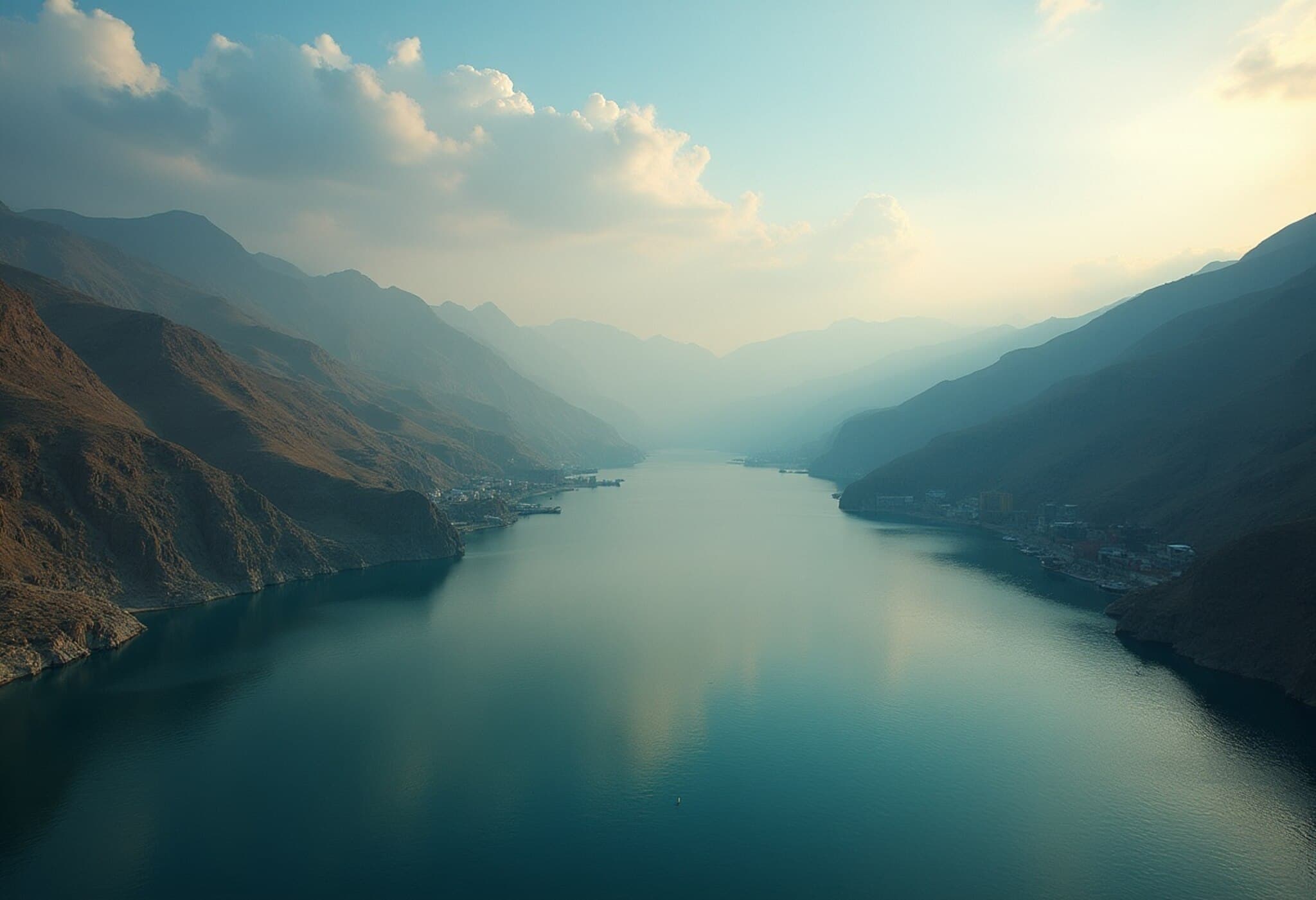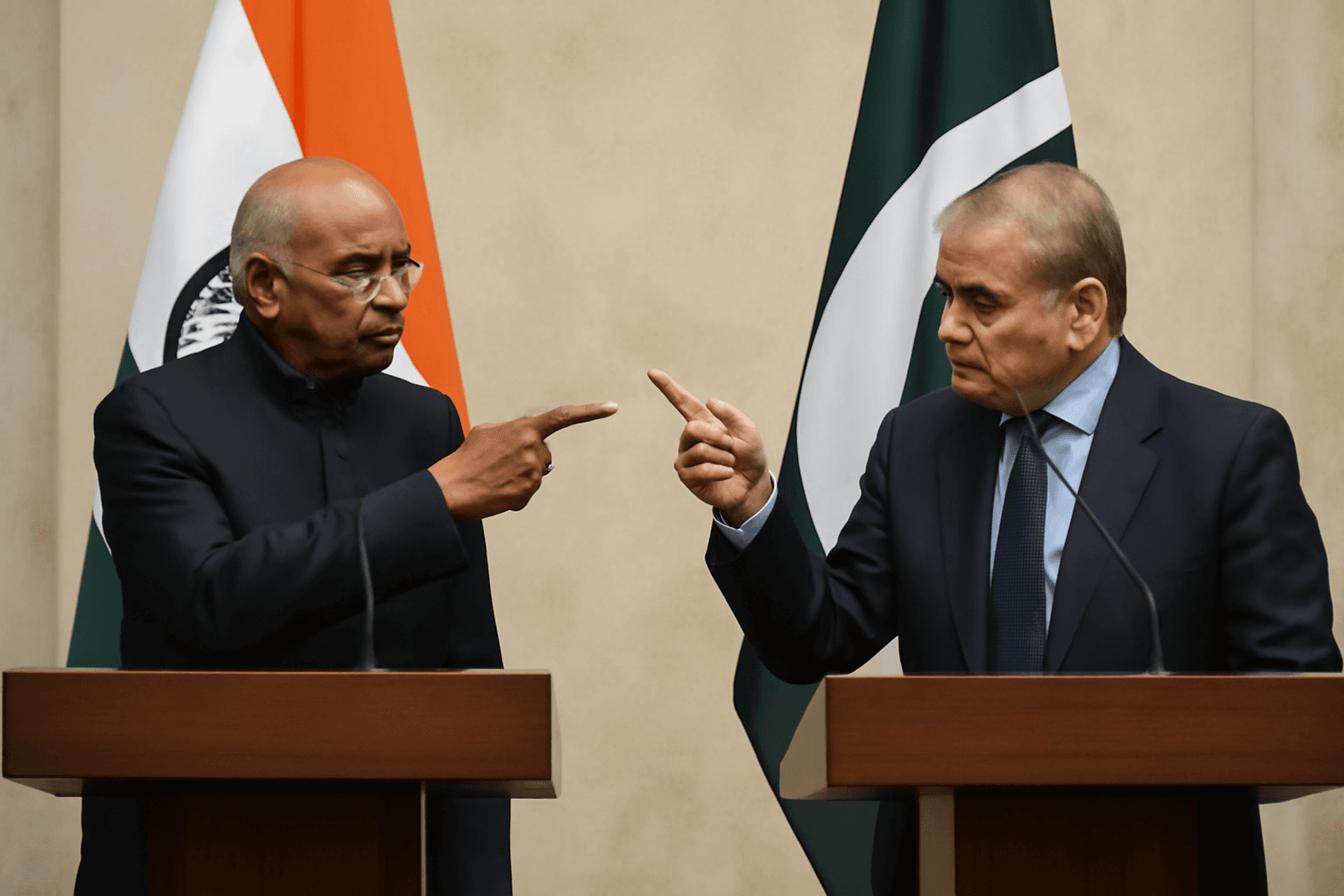India Denounces Pakistan's Accusations on Indus Waters Treaty
India has firmly rejected Pakistan's allegations regarding violations of the Indus Waters Treaty, highlighting that persistent cross-border terrorism originating from Pakistan undermines the treaty's implementation. This stance was articulated during the plenary session of the inaugural United Nations Conference on Glaciers held in Dushanbe, Tajikistan.
India Highlights Terrorism’s Impact on Treaty Obligations
Minister of State for Environment, Kirti Vardhan Singh, criticized Pakistan’s attempt to exploit the international platform by introducing issues beyond the forum's scope. He said, "We strongly condemned such an attempt."
He emphasized that since the treaty's signing in 1960, several fundamental changes have occurred — including technological progress, demographic shifts, climate change impacts, and ongoing terrorism — all mandating a reassessment of treaty obligations.
Singh underscored the treaty’s foundation on goodwill and friendship, asserting that honoring its provisions in good faith is essential. He said, "The unrelenting cross-border terrorism from Pakistan interferes with the ability to exploit the treaty as per its provisions, and Pakistan itself violates the treaty. It should desist from blaming India for any alleged breaches."
Pakistan’s Position Following India’s Suspension of Treaty
During the same conference, Pakistan Prime Minister Shehbaz Sharif condemned India's unilateral decision to suspend the treaty, calling it a “red line” that Pakistan will not allow to be crossed. He described India's move as illegal and deeply regrettable, arguing it jeopardizes millions of lives for narrow political gains.
This suspension followed a deadly terrorist attack on April 22 in Pahalgam, Jammu and Kashmir, which claimed 26 lives. India responded with several punitive measures, including suspending the treaty that governs the sharing of Indus Basin waters.
Overview of the Indus Waters Treaty
- Signed: 1960 between India and Pakistan; World Bank acted as a signatory.
- Purpose: Regulates water sharing of the Indus River system.
- Significance: Crucial for water security and regional stability.
Context of the UN Conference on Glaciers
The three-day conference aims to emphasize the critical role glaciers play in maintaining ecological balance and addressing global water challenges. It is attended by over 2,500 delegates from 80 United Nations member states and 70 international organizations, concluding on Saturday.
This event offered a platform for both nations to express their perspectives amidst the ongoing tensions concerning the treaty and regional water management.

